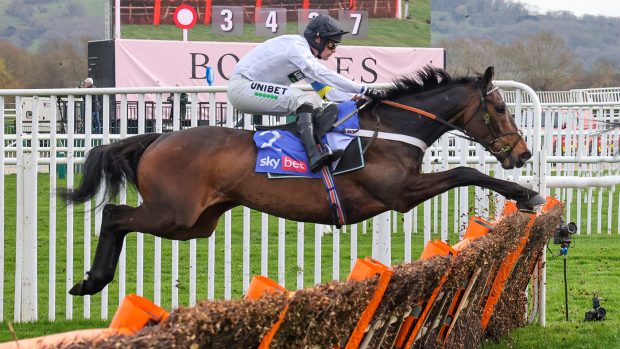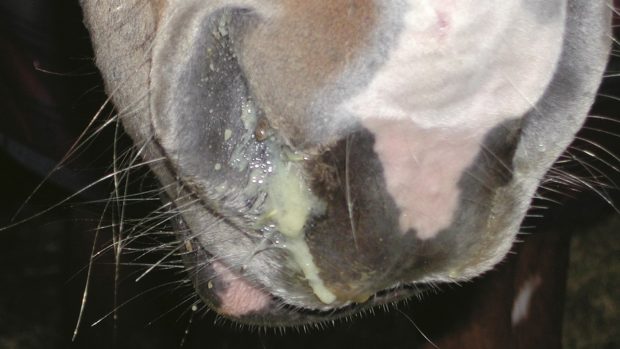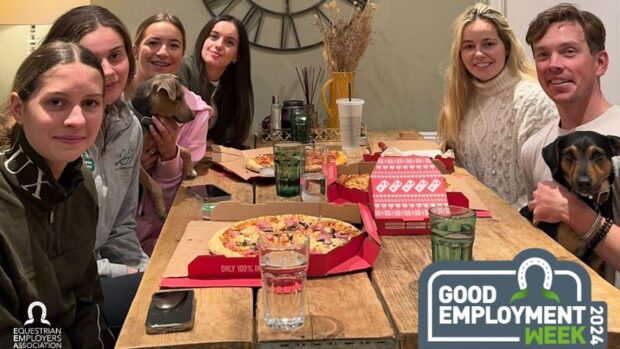The Brooke Hospital is currently trying to halt the sale of young foals at horse markets around India.
According to the British-based charity foals as young as two weeks are taken from their mothers and sold at markets as working animals.
Joy Pritchard, veterinary advisor forthe charity, has witnessed this trade first-hand at the Looniyawas equine market in Jaipur, India. She describes the devastating impact this trade has on these vulnerable animals:
“Foals as young as 15 days old which are barely able to survive without their mothers’ milk are tied up side by side in long lines waiting to be sold. They have no choice but to nibble at the piles of dried grass placed in front of them, or chew in vain at each other’s manes.
“There is no respitefrom the heat except a quick drink of water whenever the owner remembers.”
The charity has been working in India since 1992, their veterinary teams offer free veterinary treatment and advice on equine care and have reported a growing problemin the trade of young foals in Jaipur.
It is feared that the trade of young foals will be replicated at horse fairs across India leading to the suffering of thousands.
The foals offered for sale are Rajasthan’s famous Marwari breed, which have distinctive long curved ears that meet at the top.
For 5,000 rupees (£66) you can buy a thin little bay colt, destined for the taxi carts on Jaipur’s busy streets. A bright skewbald filly which could be used as a ‘marriage horse’ to carry Rajasthani grooms to their weddings, costs 8,000 rupees (£106).
“In Jaipur we worm foals, treat wounds and put pressure on owners to offer more water,” says Joy. “But there are dealers who are prepared to offer very young foals taken abruptly from their mothers to anyone who will pay the price.”
The more fortunate foals will be bought and travel immediately to their new home. The rest will be bought by speculators or “in bulk” by a middleman. They will then be re-sold at the same trading fair or packed into lorries and moved around the from sale to sale.
On route many will suffer injuries during transport and some will die from malnutrition and disease.
“The dealers have brought them vast distances so it is nearly impossible to prevent this trade in tiny foals,” explains Joy. “But Brooke will be putting pressure on the market authorities to set a minimum age at which animals can be traded at fairs and will encourage people to buy an older foal that is far more likely to survive into adulthood.”




